2023 Presidential Election Results
Sierra Leone June 24th, 2023 Partial Presidential Election Results
Results from 98.98% of polling stations
Final Presidential Results - Last updated 27th June 2022, 4:00 PM GMT
Total Registered Voters: 3,374,258 | Total Votes Cast: 2,800,691(83%) | Total Valid Votes Casts: 2,789,808 | Total Invalid Votes Casts: 10,883 (0.39%) | Total Polling Centres Counted: 11,712 (98.98%) | Districts Counted: 16 | Regions Counted: 6
2023 Electoral Map & Statictics
Sierra Leone Presidential Election Results by District
Leading: Yes
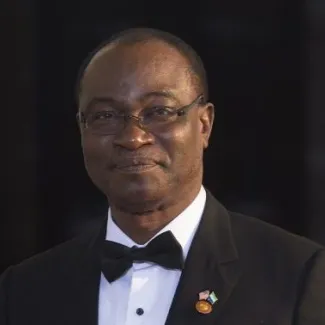
Samura Kamara
APC | Western Area Urban
290,723 (61.11%)
Leading: No

Julius Bio
SLPP | Western Area Urban
177,393 (37.29%)
Leading: No

Mohamed Bah
NDA | Western Area Urban
2,937 (0.62%)
Leading: No

Nabieu Kamara
PLP | Western Area Urban
2,089 (0.44%)
Leading: No
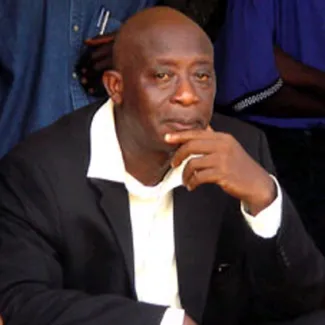
Charles Margai
PMDC | Western Area Urban
1,011 (0.21%)
Leading: No

Prince Coker
PDP | Western Area Urban
307 (0.06%)
Leading: No
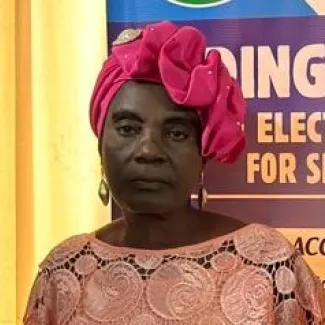
Iye Kakay
ADP | Western Area Urban
302 (0.06%)
Leading: No
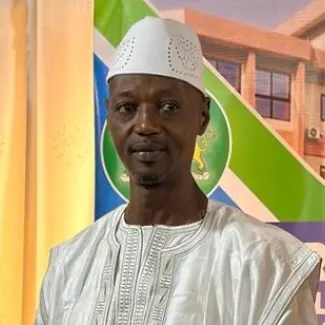
Abdulahi Saccoh
RUFP | Western Area Urban
292 (0.06%)
Leading: No

Saa Kabuta
UNPP | Western Area Urban
205 (0.04%)
Leading: No

Beresford Williams
ReNIP | Western Area Urban
200 (0.04%)
Leading: No
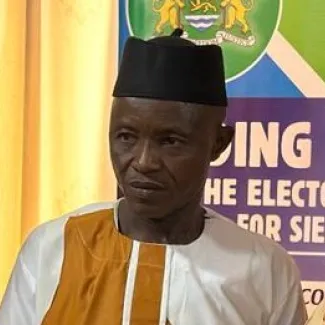
Mohamed Jonjo
CDP | Western Area Urban
108 (0.02%)
Leading: No
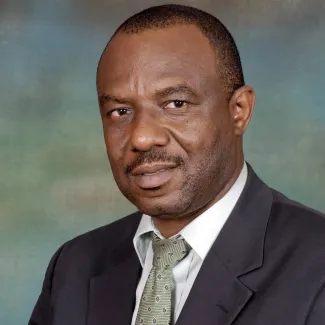
Jonathan Sandy
NURP | Western Area Urban
100 (0.02%)
Leading: No

Mohamed Sowa-Turay
UDM | Western Area Urban
80 (0.02%)













